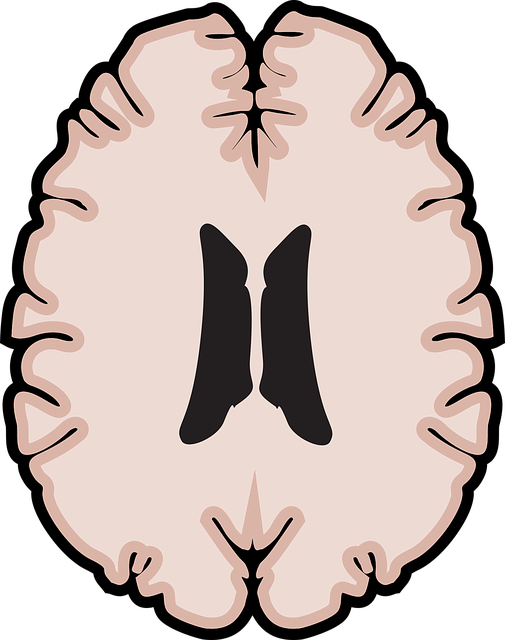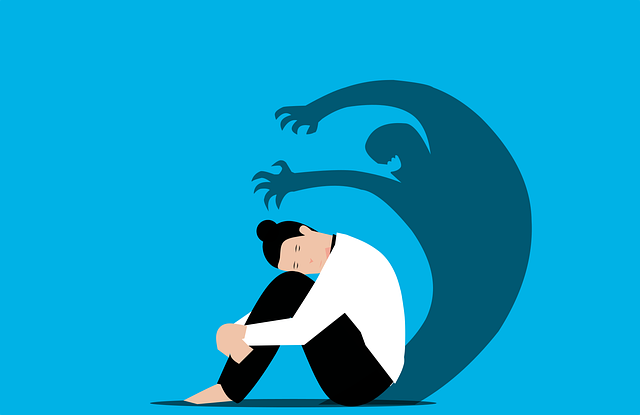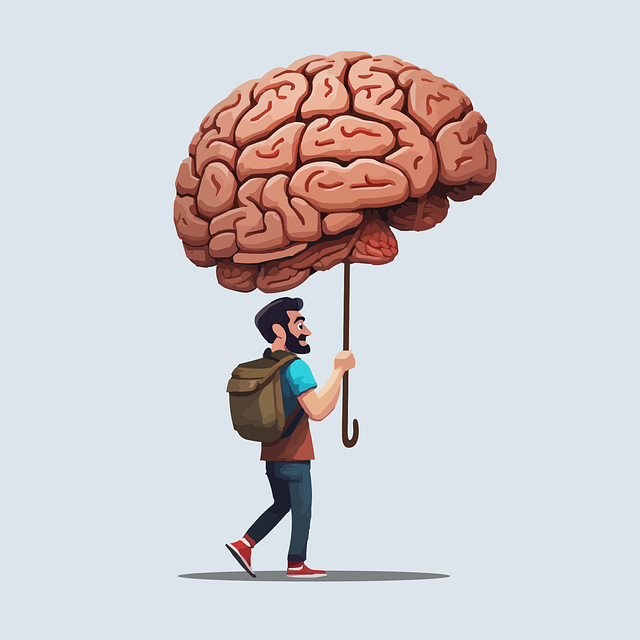Lakewood ADD-ADHD Therapy leverages Resourceful Front-End Management (RFM), a therapeutic framework, to enhance mental wellness by identifying and harnessing internal resources like strengths and skills. This approach, integrated into treatment plans, helps individuals manage stress, overcome obstacles, and build resilience. Community outreach programs and mental wellness podcasts further empower the community with practical tools and accessible resources. Techniques like journaling and emotional regulation guidance prove effective for ADD-ADHD management, addressing impulsivity and trauma. RFM, an evidence-based practice, prioritizes mental wellness, offering structured yet flexible coping mechanisms, life skills development, and improved overall well-being.
“Resilience is a key component in managing Attention Deficit Disorder (ADD) and Attention Deficit Hyperactivity Disorder (ADHD), making RFM (Resilience, Flexibility, and Mindfulness) exercises invaluable. This article explores the transformative power of RFM in Lakewood ADD-ADHD therapy programs. We’ll delve into how these practices enhance coping mechanisms, improve focus, and foster adaptability in individuals with ADHD/ADD. From understanding the core principles to practical implementation tips, discover effective strategies to build resilience and optimize therapeutic outcomes in Lakewood.”
- Understanding RFM and Its Role in Resilience Building
- The Impact of Resilience Exercises on ADD-ADHD Individuals
- Incorporating RFM into Lakewood ADD-ADHD Therapy Programs
- Practical Tips for Implementing Resilience Building Activities
Understanding RFM and Its Role in Resilience Building

Resilience is a key component of mental wellness, enabling individuals to navigate life’s challenges and setbacks with a sense of strength and adaptability. RFM (Resourceful Front-End Management), a therapeutic framework, has emerged as a powerful tool in fostering resilience. This approach focuses on identifying and leveraging an individual’s internal resources, such as strengths, skills, and coping mechanisms, to enhance their ability to cope with adversity. By understanding one’s unique set of resources, individuals can develop effective strategies to manage stress and overcome obstacles.
The Lakewood ADD-ADHD Therapy program, for instance, incorporates RFM principles into its treatment plans. Through various exercises, clients learn to recognize their personal assets and utilize them as a foundation for building resilience. This proactive approach empowers individuals to face challenges head-on, promoting mental wellness within the community. Additionally, the program’s Community Outreach Program Implementation and Mental Wellness Podcast Series Production serve as complementary strategies, offering practical communication techniques and accessible resources to strengthen the community’s overall resilience.
The Impact of Resilience Exercises on ADD-ADHD Individuals

Resilience exercises have been shown to significantly benefit individuals with Attention Deficit Hyperactivity Disorder (ADD-ADHD), offering a unique approach to enhancing mental wellness and emotional regulation. These exercises, often incorporated into Lakewood ADD-ADHD Therapy, focus on developing coping strategies that can help individuals better navigate life’s challenges. One powerful tool is mental wellness journaling, which encourages reflection and self-awareness. By documenting thoughts, feelings, and experiences, individuals gain insights into their emotional triggers and patterns, fostering a deeper understanding of themselves.
Additionally, resilience building often involves guidance in emotional regulation techniques, teaching individuals how to manage and control intense emotions. This is particularly beneficial for ADD-ADHD individuals who may struggle with impulsivity and mood swings. Trauma support services can also play a crucial role, as many individuals with ADD-ADHD have experienced or are at risk of trauma, and these exercises help process and overcome past traumas, promoting overall resilience.
Incorporating RFM into Lakewood ADD-ADHD Therapy Programs

Incorporating RFM (Resourceful Facilitation Method) into Lakewood ADD-ADHD Therapy Programs offers a transformative approach to supporting individuals with attention-deficit disorders. This evidence-based practice is designed to enhance mental wellness, a key focus in many therapy initiatives. By integrating RFM techniques, therapists can create dynamic and engaging sessions that promote self-esteem improvement and foster inner strength development in clients.
The Mental Wellness Podcast Series Production often highlights the benefits of such innovative strategies. In the context of Lakewood ADD-ADHD Therapy, RFM provides a structured yet flexible framework. It encourages individuals to develop coping mechanisms, build resilience, and acquire valuable life skills. Through interactive exercises, participants learn to navigate challenges, increase focus, and improve overall functioning, ultimately contributing to enhanced mental wellness.
Practical Tips for Implementing Resilience Building Activities

Building resilience is a crucial aspect of well-being, especially for individuals navigating mental illness like ADD/ADHD. Lakewood ADD-ADHD Therapy offers practical tips to integrate resilience-boosting activities into daily routines. One effective strategy is incorporating structured communication strategies that encourage open dialogue and emotional expression. Regular family or group discussions can help individuals process challenges, fostering a sense of belonging and support.
Additionally, practices like mindfulness meditation prove invaluable in cultivating mental fortitude. Dedicating just 10-15 minutes daily to quiet reflection allows for better stress management and improved focus. Mindfulness exercises teach individuals to stay present, observe thoughts without judgment, and develop a deeper connection with their emotions. These techniques are accessible tools that can significantly contribute to mental illness stigma reduction efforts, promoting self-awareness and empowerment.
Resilience is a powerful tool in the journey of individuals with ADHD, and RFM exercises offer a structured approach to building this strength. By integrating these strategies into Lakewood ADD-ADHD therapy programs, professionals can significantly enhance clients’ ability to navigate challenges. The benefits are clear: improved focus, enhanced coping mechanisms, and better overall well-being. With practical tips for implementation, healthcare providers can easily incorporate RFM into their practice, ultimately fostering a more resilient and thriving community within Lakewood ADD-ADHD therapy settings.














